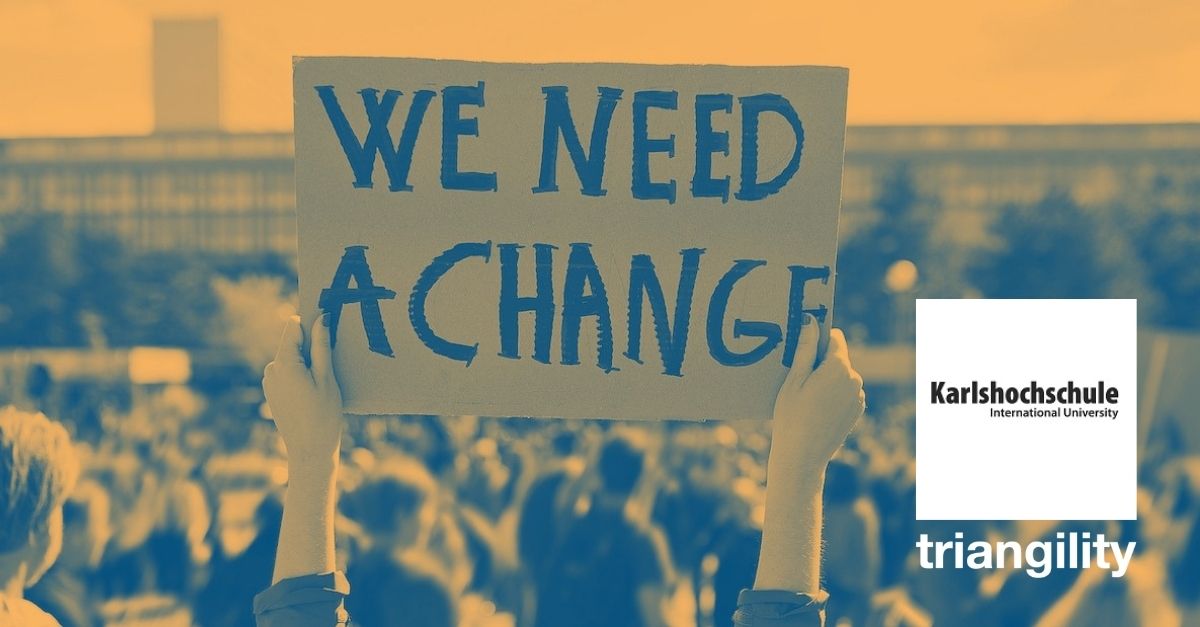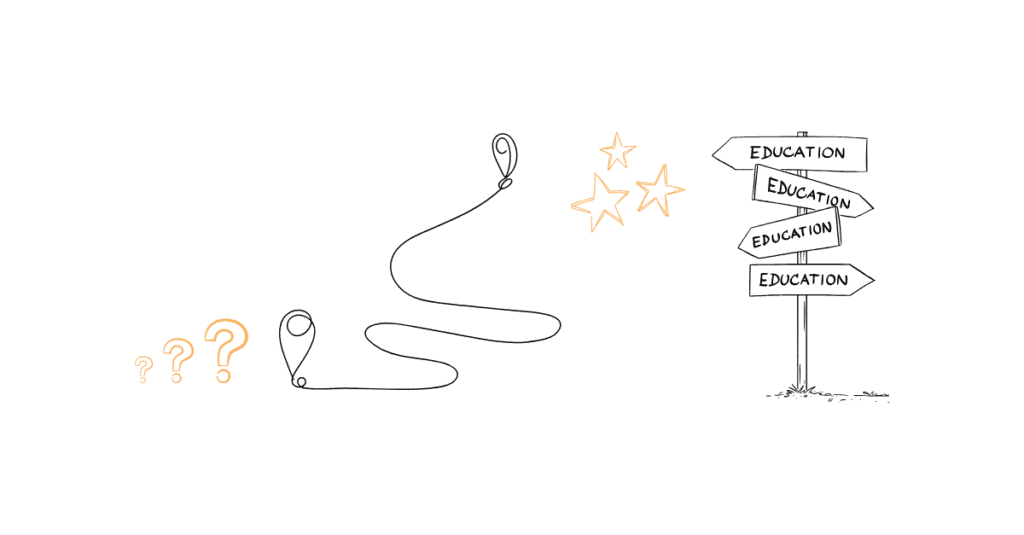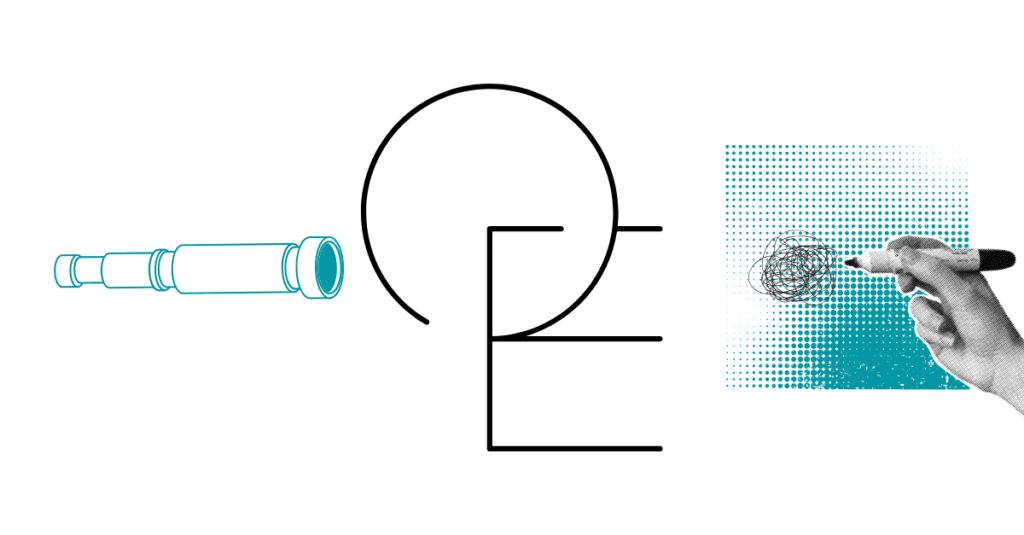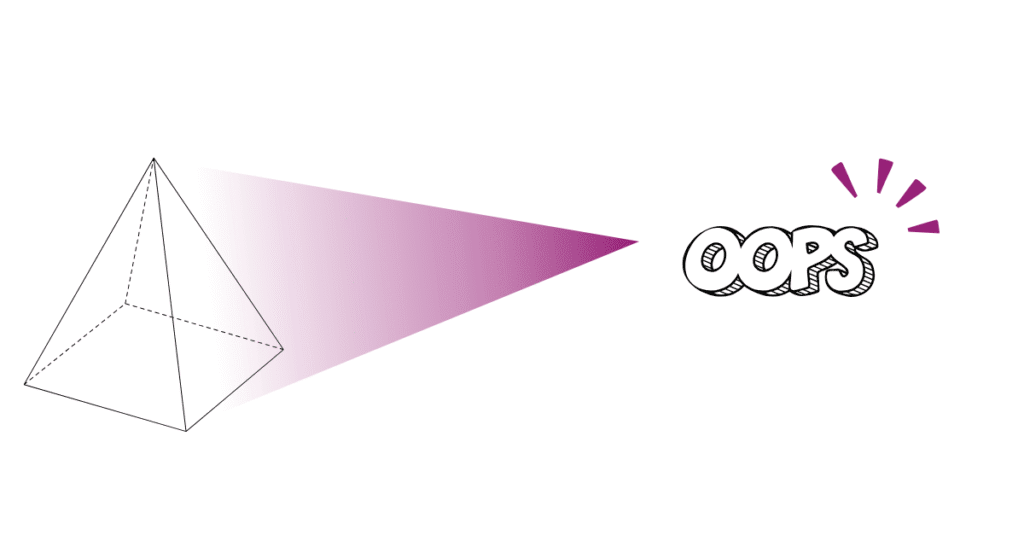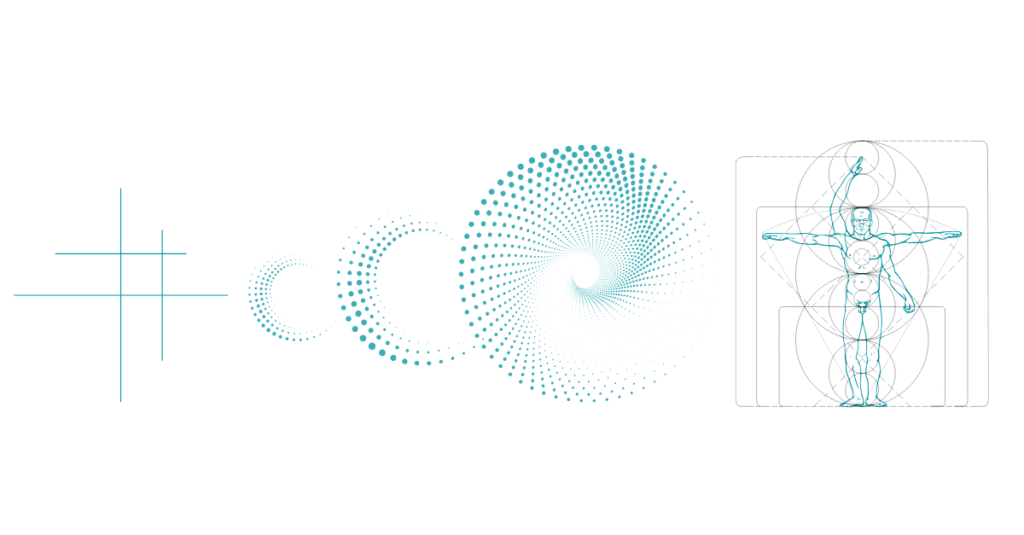Since last year, the majority of our work concerns the development of leadership trainings. It seems that there’s a huge demand in developing leaders for the Future of Work to become tech-savvy, as well as self- and culture conscious, to adapt to the pace of digital transformation that is deeply connected to our personal transformation. To support this personal and organizational transformation that is required to meet the uncertainty and complexity of the modern business environment, we help leaders to embrace new leadership principles, adapt new competencies and learn new skills to catalyze holistic change.
Foremost, companies aim for changing the mindset of their leaders. This means exploring the (unconscious) beliefs, values and assumptions about how business works, the conscious effort to change them and to establish new behaviors that compliment, rather than prevent change. Whereas companies want their leaders to be open-minded, creative, adaptive, human-centered, agile or even mindful, leaders were educated in and conditioned by traditional organizational paradigms that are characterized by a transactional mindset, command and control, hierarchies, rigid reporting lines, limited communication and obedience. Therefore, changing the mindset is more than just establishing a few new and fancy practices – it’s a fundamental paradigm shift of both, individual leaders and the organizational cultures they belong to.
At triangility, we started developing a framework which we termed New Leadership. Our approach was to explore the myriad of emerging leadership models beyond the transactional (e.g. transformational, dialogic, systemic, servant leadership etc.) and shed light into the jungle of new leadership styles by searching for the underlying principles that unite all of them. Within a couple of internal co-creation sessions, we created a first outline of those generic ‘New Leadership Principles’ with the goal to educate leaders not in one specific new leadership model, but based on the core of various models concerned with new leadership.
Based on the principles, we further identify required competences (the ‘how’) and practices/tools (the ‘what’) that are required to bring the principles to life. The final offering that we intend to create for customers should be a bespoke learning program/journey for leaders that helps to establish the new leadership principles, competences and practices within their business as usual to future-proof leaders as well as their organizations.
Though we released the v1 of our New Leadership Whitepaper, we’ve been staying curious and exploring this important domain further. At the Karlshochschule International University, two independant groups of students are continuouing research, question our findings and design a survey to listen to practitioners. The newest findings will be condensed in a New Leadership Study later this year.
The key question asked in the research project are:
What are the limitations of traditional leadership models, frameworks and behavior? Why do companies need new, emerging leadership principles?
Which are the most relevant new leadership models (e.g. transformational, dialogic, systemic, servant, adaptive, digital etc.), which ones are backed-up by scientific research instead of just having a fancy title
Which are the core, underlying principles of new leadership that unite the identified, most relevant leadership models?
How will responsible managers (in HR, People/Leadership Development, Learning & Development) educate their leaders in the future, which formats, media and initiatives do they foresee? How must a leadership development company such as triangility design development programs to sustainably establish principles, competences and practices among leaders?
These findings, coupled with our experience, visions and creativity, will become the foundation of our future leadership development programs – and the framework for a revised New Leadership Masterclass.
Click here for more information on Karlshochschule International University

